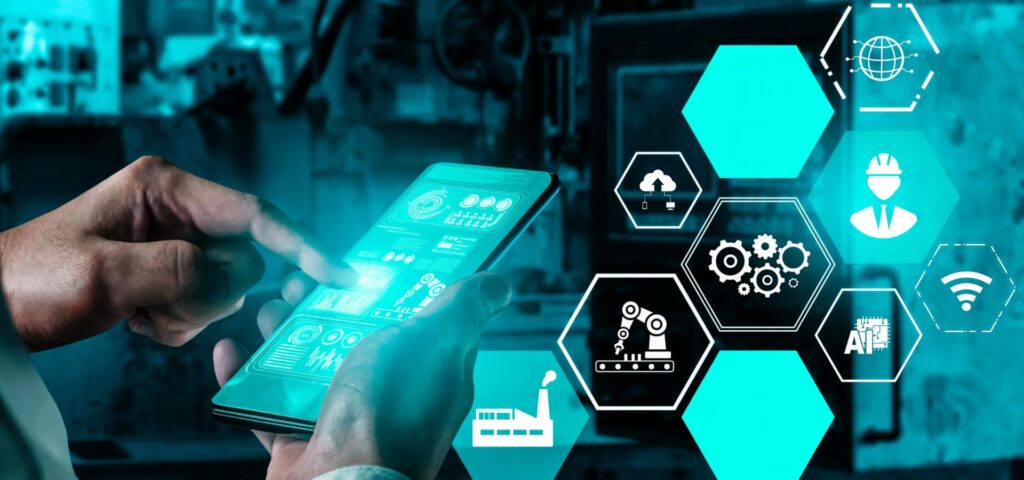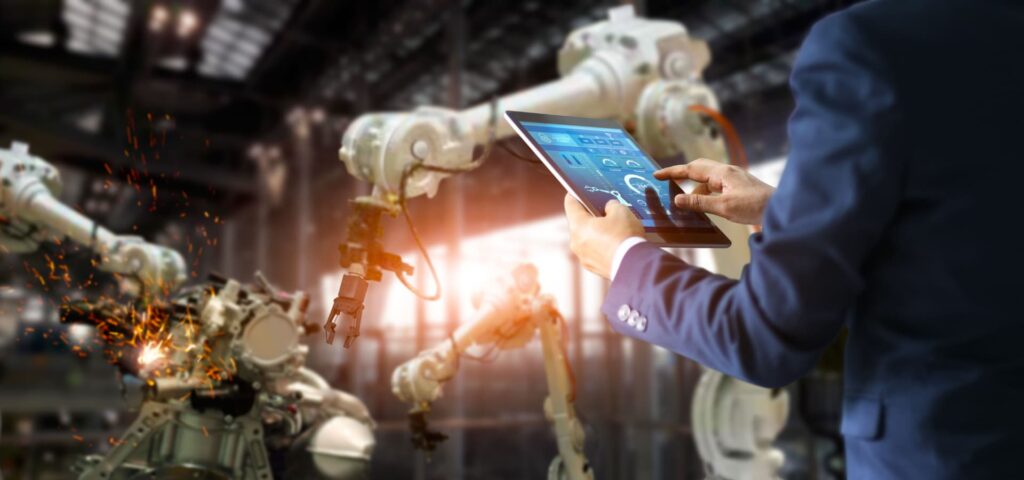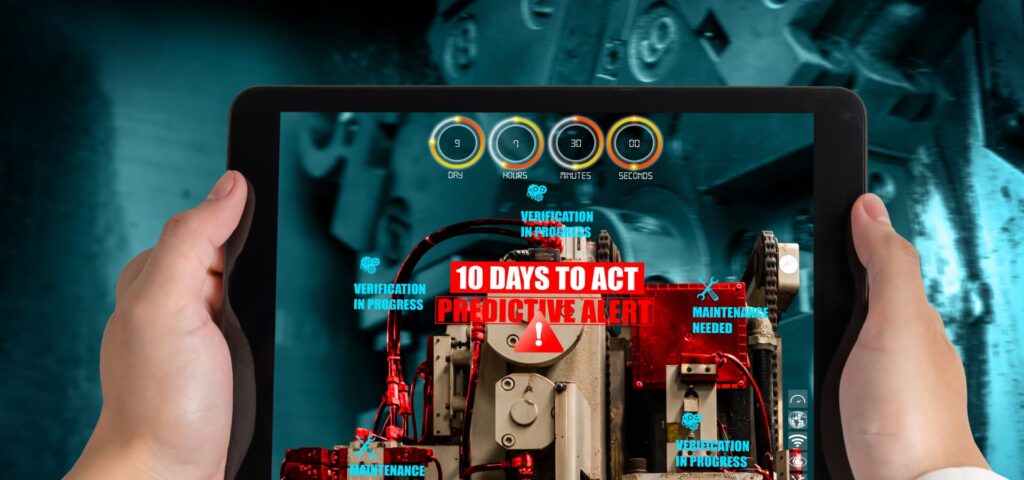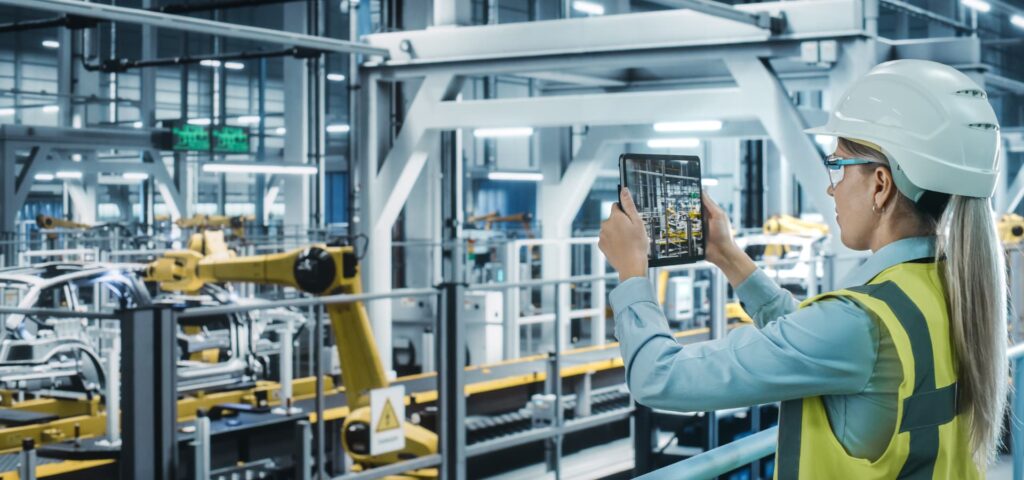
In the era of Industry 4.0, computer vision integrated with AI and robotics is transforming manufacturing processes, from quality control to predictive maintenance. The global market size of industrial robots is projected to reach $73.51 billion by 2027, and 76% of manufacturing executives believe AI and robotics will be critical for future success. Manufacturers must embrace these technologies to stay competitive.
Current Challenges in Manufacturing
Manufacturing companies face the constant pressure to improve quality, reduce inefficiencies, and optimize operations. McKinsey & Company reports that these inefficiencies can cause up to 20% of annual revenue loss. Further, workplace injuries in the manufacturing sector remain a significant concern, with over 100,000 reported in 2023 alone.
The Role of Computer Vision: Understanding Visual Data Interpretation
Computer vision, powered by advancements in AI and machine learning, enables machines to interpret and understand visual data. This technology has groundbreaking applications in manufacturing. For example, a study by Deloitte found that implementing computer vision in quality control processes reduced defects by 90% in a manufacturing plant. By 2025, Gartner predicts 30% of manufacturing companies will use computer vision and AI to augment decision-making and automate tasks.


Integration with Robotics: Synergy for Enhanced Performance
Computer vision and robotics work in tandem to boost manufacturing operations. Companies integrating computer vision with robotics have seen a 50% increase in production rates and a 30% decrease in error rates, according to a report by Accenture. Additionally, a case study from Company ABC showed that implementing vision-guided robots reduced assembly time by 40% and improved product consistency.
Benefits for Manufacturers: Driving Efficiency and Cost Savings
Implementing AI, robotics, and computer vision brings significant advantages:
Case Studies: Real-World Success Stories
Future Prospects: Advancements and Opportunities
The integration of computer vision into AI and robotics is poised for even greater impact. Analysts predict that nearly 70% of manufacturing tasks will be performed by robots and smart machines by 2030. Growth opportunities in autonomous factories employing these technologies are estimated to reach $20 billion by 2025.
Computer vision in AI and robotics is revolutionizing manufacturing by addressing critical issues, enhancing efficiency, and unlocking new levels of productivity. The data is clear – embracing this wave of innovation is crucial for sustainable growth and competitiveness. Contact us today to explore how AI, robotics, and computer vision can transform your manufacturing operations.
🌟 Thank you for joining us on this journey to revolutionize manufacturing!
💡 Your support through likes, shares, and comments fuels our mission to drive innovation.
🚀 Let’s continue to shape the future together and inspire others to embrace technology.
🔗 Connect with us to explore how AI, robotics, and computer vision can benefit your business.


+91 6362964680

info@techsolvecg.com

Bengaluru
Chennai
Pune